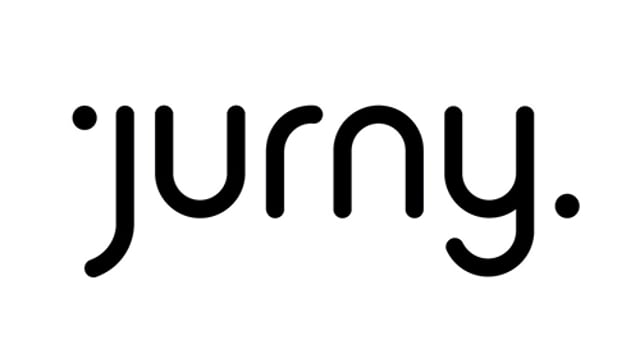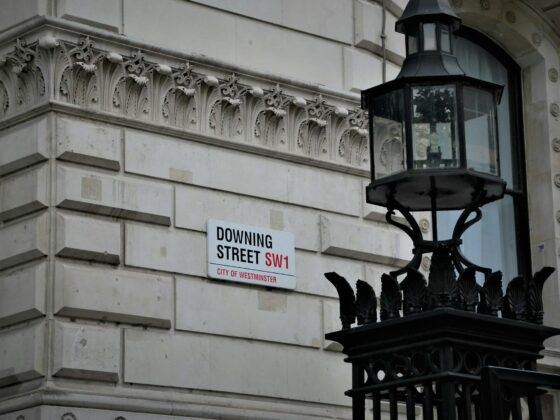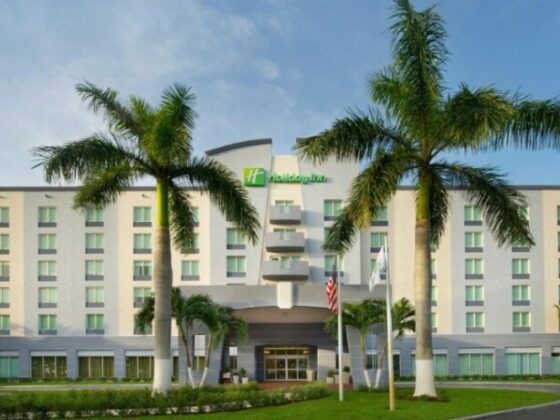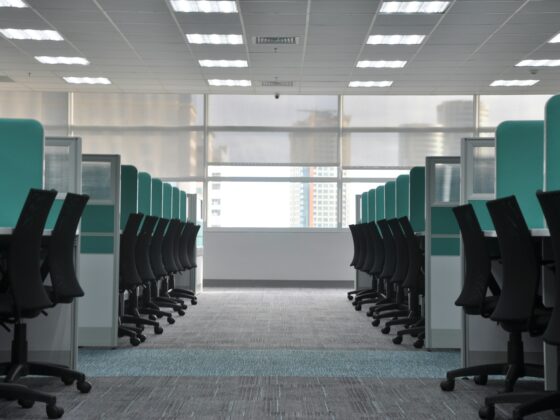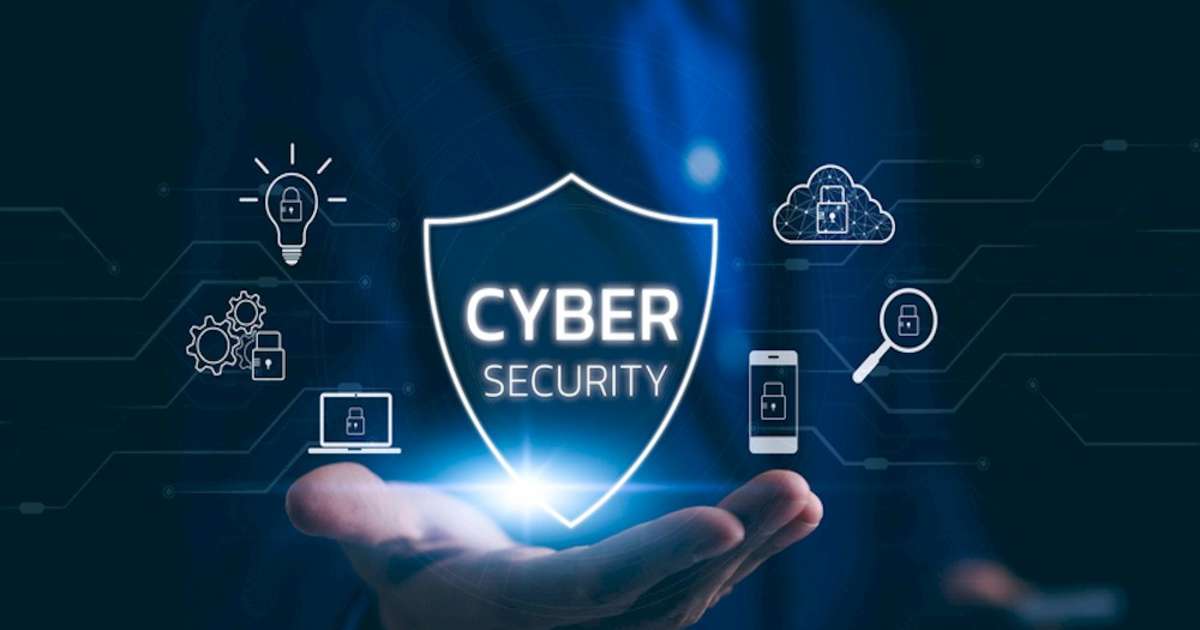
In the hotel business, a guest’s experience begins long before they step into the lobby. From the moment they make a booking online, they place their trust in the property’s ability to safeguard their personal and payment information.
That trust is a competitive differentiator, and increasingly, it’s also a target. In the past year alone, the hospitality sector has faced ransomware incidents that shut down reservation systems, phishing campaigns aimed at front-desk staff, and third-party breaches that exposed millions of guest records. The financial fallout is significant, but the reputational damage can be even greater.
For hotels, a breach isn’t just an IT problem, it’s a business crisis. The 2025 RH-ISAC CISO Benchmark Report shows just how far the industry has come in recognizing that reality. The number of chief information security officers (CISOs) reporting directly to senior business executives jumped from 7% in 2024 to 19% in 2025. This shift signals that cybersecurity is increasingly considered integral to operational continuity, brand reputation, and guest loyalty.
The Expanding Role of the Hotel CISO
For years, many CISOs in hospitality were seen primarily as technical specialists—essential for compliance and system security, but not deeply involved in shaping overall business direction. However, that perception is evolving. Today’s hotel CISO is expected to operate at the intersection of security, guest experience, and strategic growth. This means:
- Operational Resilience Planning: anticipating disruptions to booking systems, payment processing, or guest services and ensuring rapid recovery.
- Protecting Guest Trust: safeguarding personal and payment data while demonstrating transparency in incident response.
- Regulatory and Compliance Leadership: navigating requirements such as PCI DSS, GDPR, and emerging privacy laws that affect global hotel chains.
- Cross-Department Collaboration: partnering with finance to assess breach costs, with marketing to maintain brand confidence, and with operations to ensure minimal guest disruption during incidents.
In many ways, the hospitality CISO has become both a risk manager and a business enabler, helping the organization innovate while staying resilient against threats.
Top Threats Facing the Hospitality Sector in 2025
The RH-ISAC CISO Benchmark Report identifies three dominant cybersecurity threats in retail and hospitality:
- Ransomware and Malware: Named by 70% of CISOs as the top threat. In hospitality, ransomware can shut down property management systems (PMS), lock staff out of booking engines, and disable electronic room keys, which disrupts guest stays and revenue flow.
- Third-Party and Supply Chain Attacks: 58% of CISOs cite this as a major risk. Hotels rely on a vast network of vendors, from payment processors to digital marketing agencies. A single compromised partner can open the door to a larger breach.
- Phishing: 47% of CISOs say phishing remains a serious challenge. In hotels, the threat is amplified by seasonal staff turnover and the high volume of guest communications, making it easier for malicious emails to slip through.
Emerging AI-driven attack methods further raise the stakes. AI can automate phishing campaigns, easily increase scale for attackers, mimic executive communications, and probe for vulnerabilities at a speed that overwhelms traditional defences.
Priority #1: Business Continuity & Resilience
The 2025 RH-ISAC Benchmark Report shows a clear shift: business continuity and disaster recovery (BC/DR) strategies have moved from the fourth-highest priority in 2024 to the number one priority for CISOs in 2025. For hotels, downtime is uniquely costly. A ransomware attack during peak travel season could mean thousands of canceled reservations, stranded guests, and widespread media coverage. Operational interruptions can erode hard-earned loyalty in a matter of hours, while also leading to significant financial losses and long-term reputational harm.
Key actions that hotel CISOs are encouraged to consider include:
- Mapping Critical Dependencies: Identify and document systems that directly impact guest services, such as PMS, POS, online booking platforms, and key card systems.
- Scenario Planning: Run simulations for high-impact events like ransomware, payment system outages, or vendor failures.
- Redundancy and Failover: Invest in backup systems and cloud-based recovery solutions to minimize downtime.
By treating resilience planning as a business initiative rather than a purely technical exercise, CISOs can help to ensure the organization is ready to protect both revenue, guest trust, and operational stability in the face of disruption.
Priority #2: Securing the Digital Supply Chain
Vendor oversight is now among the top five cybersecurity initiatives for hospitality CISOs. The industry’s reliance on third-party providers, from booking engine operators to housekeeping contractors, creates a complex web of potential vulnerabilities that can be difficult to fully monitor. Supply chain risks are not hypothetical. In several recent incidents, attackers gained access to hotel networks through compromised vendor credentials, exploiting weak authentication or poor patch management. As hotels expand digital partnerships and integrate more interconnected systems, vendor security becomes a shared responsibility that demands ongoing vigilance.
Best guidance for securing the hospitality supply chain includes:
- Baseline Requirements: Embed cybersecurity expectations into vendor contracts, including encryption standards, breach notification timelines, and access controls.
- Ongoing Risk Assessments: Conduct regular reviews of vendor security posture, not just at onboarding.
- Integrated Incident Response: Ensure vendors participate in joint security drills so response plans are coordinated.
Priority #3: Leveraging AI and Cybersecurity-as-a-Service (CSaaS)
AI is transforming both sides of the cybersecurity equation. On the defensive side, CISOs are using AI for automated threat detection, anomaly monitoring, and even “red teaming” simulations. On the offensive side, attackers are using AI to craft more convincing phishing emails, exploit vulnerabilities, and evade detection at scale. The 2025 RH-ISAC CISO Benchmark Report notes a growing adoption of AI-powered defences and a strategic embrace of Cybersecurity-as-a-Service (CSaaS) to supplement internal capabilities. This trend reflects the need for speed, agility, and specialized expertise in an increasingly complex threat landscape.
For hotels, this model offers:
- 24/7 Monitoring: Critical for global operations that never close.
- Scalable Expertise: Access to specialized skills without expanding in-house headcount.
- Rapid Deployment: Faster implementation of new defences during peak travel periods, when threats often intensify.
By combining AI-driven capabilities with CSaaS models, hotel CISOs can enhance detection accuracy, reduce response time, and maintain a robust security posture without overburdening internal teams.
Building a Security-First Culture Across the Organization
Technology alone cannot secure a hotel’s operations. People play an equally vital role. Seasonal staff, front-line employees, and corporate teams all interact with systems and guest data daily, and a single lapse in judgment can open the door to a breach. For this reason, CISOs can champion a culture where security awareness is part of the brand promise. This begins with role-based training that tailors content for front desk, housekeeping, marketing, and IT staff so each group understands its specific risks.
Ongoing phishing simulations can help build employee resilience against social engineering attacks, while a strong emphasis on guest data stewardship reinforces the message that protecting guest information is as essential to hospitality as offering a warm welcome. When security becomes embedded in daily routines, hotels can significantly reduce risk while reinforcing their reputation for professionalism and care.
The Future of the CISO in Hotel Leadership
The hospitality CISO of the future won’t simply respond to cyber incidents — they will help shape corporate strategy. As digital platforms become the backbone of guest experience, cybersecurity will increasingly serve as a core driver of competitive differentiation. This evolution will see CISOs influencing areas such as ESG strategy by addressing data ethics, transparency, and digital responsibility as part of broader environmental, social, and governance commitments. They will oversee AI governance to help ensure ethical, privacy-compliant guest services and provide guidance on secure data monetization that enhances personalization and loyalty programs. Ultimately, the most effective CISOs will speak not only the language of technology but also the language of business, and thereby translate cyber risk into operational, financial, and reputational impact.
Conclusion
The hospitality sector is facing a cybersecurity turning point. Ransomware, supply chain vulnerabilities, and AI-driven threats are converging to create a risk environment unlike any before. But with that challenge comes an opportunity: to position cybersecurity as a core business enabler that protects revenue, builds guest trust, and fuels innovation. By prioritizing business continuity, securing the vendor ecosystem, and embracing AI-enhanced security models, CISOs can ensure their organizations are not just prepared for the next threat, but ready to thrive in the digital future of hospitality.
Cybersecurity is no longer a supporting function — it’s a central pillar of hotel leadership. The CISOs who embrace this role will be key to delivering not just safe stays, but exceptional guest experiences.
Reprinted from the Hotel Business Review with permission from www.HotelExecutive.com.


